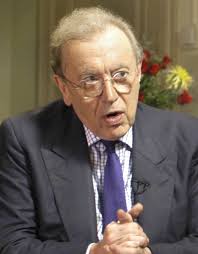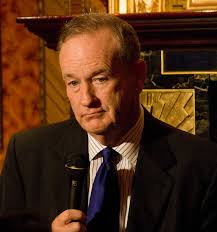
Introduction
David Frost, a name synonymous with journalism and broadcasting, has left a profound legacy in the media landscape. Known for his incisive interviews and dynamic presentation style, Frost’s work shaped public discourse for decades. His contributions made significant impacts on the political and cultural conversations in Britain and beyond. As we remember him, it is essential to reflect on the milestones of his career and how he transformed the way we engage with public figures.
The Life and Career of David Frost
Born on April 7, 1939, in Tenterden, Kent, David Frost began his career in broadcasting in the 1960s. He gained fame as the host of various television shows, most notably “The Frost Report,” which featured sharp satire and commentary on contemporary issues. This program was crucial in launching the careers of many comedians, including John Cleese and Ronnie Corbett.
Frost’s most significant achievement came during his interviews with Richard Nixon in 1977. The series of interviews became a landmark moment in broadcasting history, as they exposed the former president’s thoughts on the Watergate scandal, significantly impacting public perception and historical analysis of that era. The coverage was later transformed into the acclaimed film “Frost/Nixon,” illustrating the lasting influence of Frost’s work.
Legacy and Importance
David Frost’s interview style was characterized by his ability to ask difficult questions while maintaining a rapport with his guests. This approach helped elevate the quality of televised journalism. Over his career, he interviewed numerous world leaders, celebrities, and influential figures, showcasing an array of perspectives that enriched public understanding.
Furthermore, Frost was a pioneer in adapting to multiple platforms. He transitioned seamlessly from traditional broadcasting to new media, ensuring his relevance in an ever-changing industry. He continued to produce insightful content up until his passing in 2013, demonstrating his commitment to exploring meaningful discourse.
Conclusion
The legacy of David Frost remains crucial in today’s media environment, marked by the need for integrity, courage, and depth in journalism. As audiences today navigate an overwhelming number of sources and opinions, Frost’s dedication to thoughtful inquiry serves as a guiding light. His work continues to inspire new generations of journalists and broadcasters, reminding us of the vital role that informed discussions play in a democratic society. The impact of his career transcends his lifetime, and his contributions will be felt as long as critical journalism exists.






